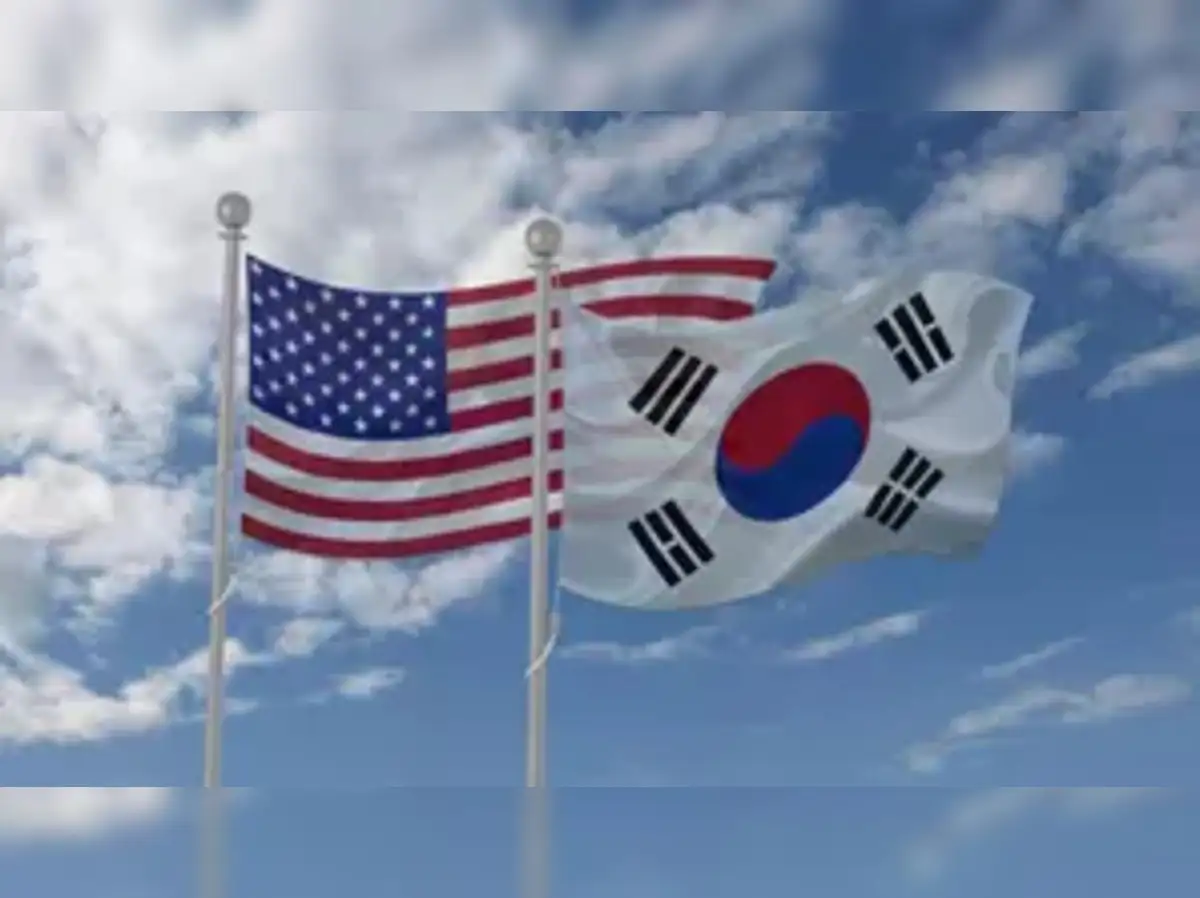
A former CIA official, Sue Mi Terry, has been charged with espionage, accused of acting as a secret agent for South Korean intelligence. This startling revelation has sent shockwaves through diplomatic circles and raised questions about the extent of foreign influence within the U.S. government.
The allegations against Terry, a seasoned intelligence operative who previously served in high-ranking positions within the CIA, detail a covert relationship with South Korean intelligence agencies. According to reports, Terry allegedly passed sensitive information to her handlers in exchange for undisclosed benefits, including luxury items like a Louis Vuitton handbag.
The implications of these accusations are profound. They not only call into question the integrity of one of America's most respected intelligence agencies but also highlight the complexities of international espionage and diplomatic relations. The U.S. government, known for its stringent security protocols, now faces scrutiny over how such activities could have gone unnoticed or unchecked for so long.
Terry's legal team has vehemently denied the charges, portraying them as baseless and politically motivated. They argue that she has dedicated her career to serving her country and upholding the highest standards of integrity. Supporters point to her long record of service and contributions to national security as evidence of her commitment to the United States.
This case has drawn attention not only for its legal ramifications but also for its potential impact on U.S.-South Korea relations. The two countries, staunch allies in a volatile region, rely heavily on mutual trust and cooperation in matters of defense and intelligence. Any breach of that trust could strain diplomatic ties and affect strategic partnerships in the Asia-Pacific region.
As the legal proceedings unfold, experts and analysts are closely monitoring the case's developments. The outcome could have far-reaching implications for intelligence operations, diplomatic practices, and the future of individuals entrusted with national security responsibilities.
So, the allegations against Sue Mi Terry have sparked a significant controversy within both the intelligence community and diplomatic circles. The case underscores the challenges and risks associated with espionage in an interconnected world where national interests often collide. For now, the focus remains on the legal process and its potential ramifications for U.S. foreign policy and international relations.


0 Comments